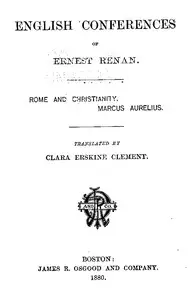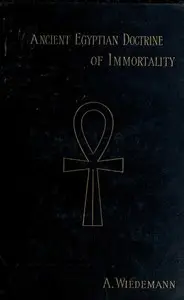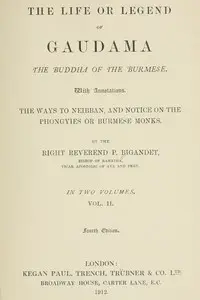"The Apostles" by Ernest Renan is a historical account written in the late 19th century. This work is part of Renan's exploration of the origins of Christianity, focusing on the years immediately following the death of Jesus and the subsequent actions of his apostles. Renan delves into the formation of beliefs regarding the resurrection and the early missionary efforts to spread Christianity. The opening of the text sets the scene just after the burial of Jesus, highlighting the emotional turmoil experienced by his disciples as they grapple with his death. Renan describes the initial despair of these followers who mourn their beloved leader, and gradually illustrates how their love and hope resurrected Jesus in their hearts before any physical evidence of his resurrection could affirm their faith. The chapter details the visit of women, including Mary Magdalene, to the tomb, where they discover it empty and encounter visions of angels, which stirs excitement and speculation among the disciples. Through this narrative, Renan begins to portray the significant role played by the apostles in the early spread of Christianity, emphasizing both emotional and spiritual experiences that shaped the foundation of their beliefs. (This is an automatically generated summary.)

The Apostles
By Ernest Renan
"The Apostles" by Ernest Renan is a historical account written in the late 19th century. This work is part of Renan's exploration of the origins of Ch...
Joseph Ernest Renan was a French Orientalist and Semitic scholar, writing on Semitic languages and civilizations, historian of religion, philologist, philosopher, biblical scholar, and critic. He wrote works on the origins of early Christianity, and espoused popular political theories especially concerning nationalism, national identity, and the alleged superiority of White people over other human "races". Renan is known as being among the first scholars to advance the debunked Khazar theory, which held that Ashkenazi Jews were descendants of the Khazars, Turkic peoples who had adopted the Jewish religion and allegedly migrated to central and eastern Europe following the collapse of their khanate.
















